Have you ever thought about investing for your children?

Keytrade Bank
keytradebank.be
March 29, 2024
(updated April 04, 2024)
3 minutes to read
Most Belgians opt for a savings account to give their children a good start in life. Of the families who set aside money for their children, 22% opt for a physical piggy bank and 68% for a savings account. The remaining 10% invests money for their children.
A traditional savings account is therefore still the most popular choice. It’s easy and safe. Savings are protected up to 100,000 euros per person per bank. The return on savings is also relatively predictable. The major disadvantage? Returns are low and don't begin to cover the rising cost of living.
Building assets
However, it is possible to achieve a higher potential return – if you’re willing to take a little more risk, that is. In principle, you can take that risk, because building that little extra for your children is a long-term endeavour. Investing in the long term gives your assets time to grow and recover from any temporary dips when necessary.
Do you want to help fund the purchase of a home later? Or do you want to help pay for your children to travel before they start their career? Whatever your children’s dreams are, one of the easiest ways to build assets for them is a regular investment plan.
How do regular investments work?
In a regular investment plan, you pay an amount into a selection of investment funds every month or quarter. A fund of this kind is usually a basket of shares and/or bonds managed by an investment expert. Investing in a fund spreads your risks. You invest in a wide range of shares and/or bonds rather than in a single share or bond directly. This means the disappointing performance of one share or bond is often compensated by the improved performance of other shares or bonds. At Keytrade Bank, you can choose from dozens of investment funds or you can simply indicate one of the three investment styles.
Flexible investments
Another interesting feature of such an investment plan is its flexibility. You can easily stop making deposits for a few months if things are not convenient at that time. You could also do the opposite. You can always make an extra deposit, for example on New Year’s Eve or for your child’s birthday. Finally, this type of investment is also very accessible: you can invest a sum as little as 25 euros per year. What's more, you don't pay any entry fees (with Keytrade Bank in any case). If you know how much you want to invest regularly, at what frequency and based on what investment style, there is one more important question left to ask yourself: in whose name do you open the account?
1. Investment plan in the child's name
• Your child owns the investments
• Your child chooses what to do with the investments when they come of age
> Advantage
A major advantage of an investment plan in your child's name is that your son or daughter generally does not have to pay any inheritance tax in the event of your death. In principle, this is because the tax authorities can consider any transfer to your child's investment plan as an indirect donation. If you don't register this gift – and you don't pay the gift tax of 3% in the Flemish Region and 3.3% in the Walloon Region – there is a chance that your child may still have to pay inheritance tax. This is the case if you die within three years of the transfer in Flemish Region and within five years in the Walloon Region and the Brussels-Capital Region. A new three-year or five-year period therefore starts for each new deposit in the plan.
> Disadvantages
The list of disadvantages is longer than the list of advantages. First, not every bank or trading platform allows you to open a regular investment plan in the name of a minor (Keytrade Bank does have this option). Second, you lose all control over the money. And third, you cannot invest the money in any way you see fit. Money from a child’s account can only be used as a defensive investment. For dynamic investments (with a higher potential return), an authorisation of the justice of the peace is required. This is why it is best to open an investment plan in the child's name, but to make the deposits from your own account. If you were to die before your child comes of age, the amount will be frozen until the child is no longer a minor.
2. Investment plan in the name of parent(s) or guardian(s)
• You own the investments
• You choose when you transfer the money to your child
> Advantages
First and foremost, you retain full control. This means you are free to decide how, when and in what you invest, without the restrictions applicable to accounts held in the name of minors. This allows you to choose a more dynamic investment strategy with a higher potential return. You also retain all flexibility. You can decide to withdraw (part of) the accumulated assets or adjust the plan at any time. In other words, you are not obliged to give it to your child.
> Disadvantage
Because the investments are in your account, they are also regarded as being part of your estate. In the event of your death, your heirs will generally be subjected to inheritance tax. Of course, you can gift your investments, but you will have to consider whether or not to take the risk of not paying the gift tax (see above).

3. Investment plan in the name of the parent(s)/guardian(s) with a designated beneficiary
• You own the investments
• You choose a specific age at which you transfer the money to your child (from age 18)
> Advantages
An investment plan with a designated beneficiary offers a combination of control and future security for both you and your child. If you designate a beneficiary, you can set a specific age at which your child gains access to the portfolio. Until then, you retain full control over your investments: you can make decisions about the investment strategy, adjust the investment or even withdraw all your invested capital. If you designate a specific beneficiary, the assets will be transferred to them at a time of your choice. The beneficiary doesn't need to know that a regular investment plan has been created until you let them know.
> Disadvantages
The investments remain in your account until the beneficiary clause takes effect. They also remain in your estate until then. If you were to die before the date of the transfer, the amount is frozen and put in the name of the beneficiary for as long as they are still a minor. As soon as the child comes of age, they will have access to it. The amount under the regular investment plan is allocated to the child when they come of age. It is not possible to add a beneficiary to a regular investment plan of joint account holders. If you want to draw up a beneficiary clause for several children, you have to open a separate investment plan for each child.
Do you want to give your children a head start in life?
Other articles that might interest you
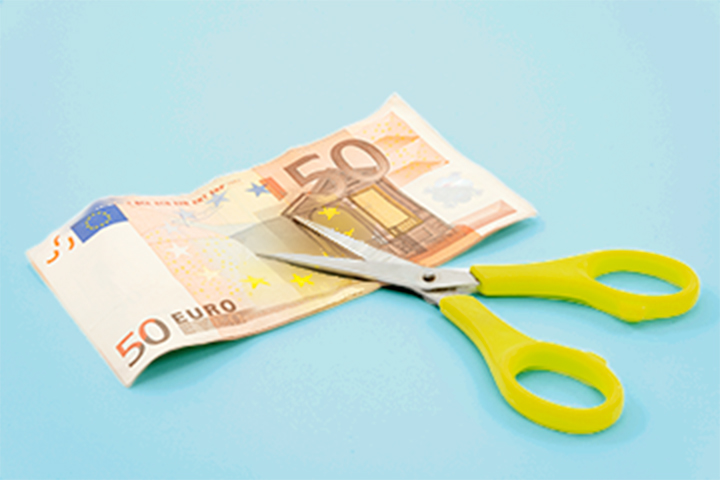
Capital gains tax: how will it affect your portfolio?

Monthly video 2025
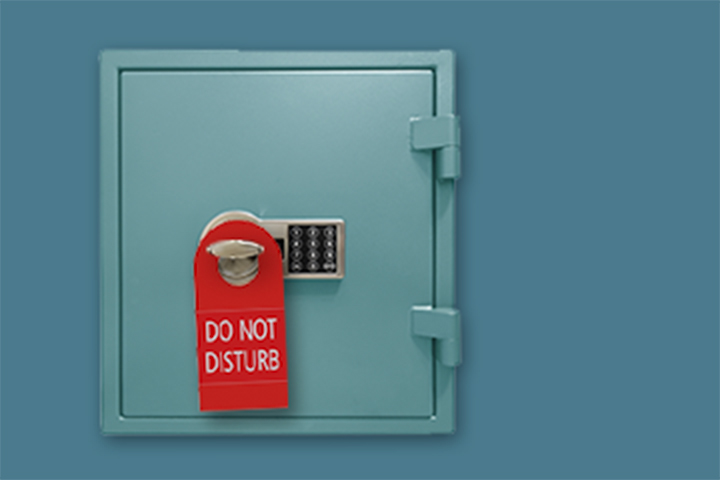
Do you have a dormant account? This is how you can check!

Are we in an AI bubble?

Are luxury stocks worth investing in?
Investing in AI: hype or a ticket to the future?

Will AI replace human investment advisers?

From stadia to the trading floor: here's how to invest in sport

Lost in the ETF jungle? Here's a compass to help you find your way

How to choose a tracker?

What is a tracker and how do you choose the right one?

Investing in stock market newcomers: a sensible strategy?

Graph of the week: Industry has not succumbed to Trump!

Why are shares continuing to rise? No-one knows
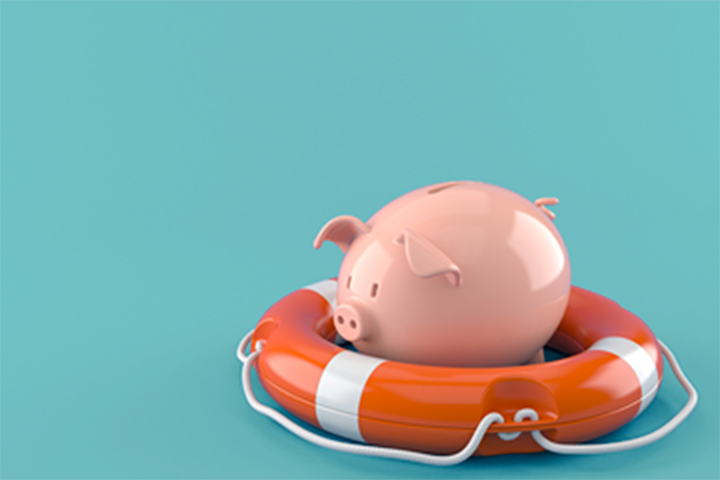
Guide: how much you need in savings

Buying or renting after you turn 50: which option is best for your future plans?

Belgium becomes a global player in healthcare real estate

Why you can take out a home loan too as a single person

Should we be concerned about the US debt mountain?

Have you considered investing in Latin America?

Gift or inheritance? Avoid these 3 big pitfalls (and any unnecessary tension)

An offer, an option agreement or a contract: ending the confusion

Taking out a loan for energy-saving renovations: what are your options?

Everything you need to know about the post-intervention file

Is a buy-to-let property a smart investment?

From offer to contract: avoid these errors

A no-deposit mortgage loan: fact or fiction?

Age limit for a mortgage loan: is it true?

What happens to the shared home when a relationship breaks down?

Helping your (grand)children to buy a home: what are the options?

Stamp duty and inheritance taxes are set to fall sharply in Wallonia

10 tips for the novice property investor

What to look out for when buying a home

Planning renovations? Which renovation grants are you (still) entitled to?

Rental income and taxes: what every landlord should know

Investing in your partner’s home? Don’t make these mistakes!

Investing in future index constituents: opportunities and pitfalls

Does Japan have the most underestimated stock market in the world?
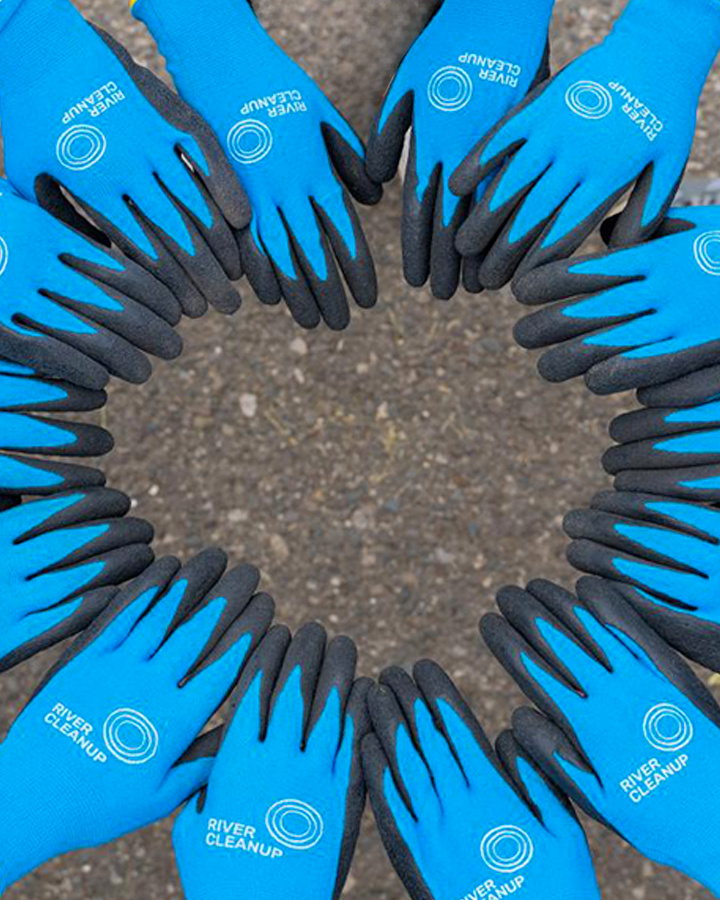
World Cleanup Day

Is stagflation becoming the new buzzword?

Humanoid robots: hype or golden opportunity for investors?

Passive investing: less effort for a better return

One inheritance at multiple times: contingent legacies
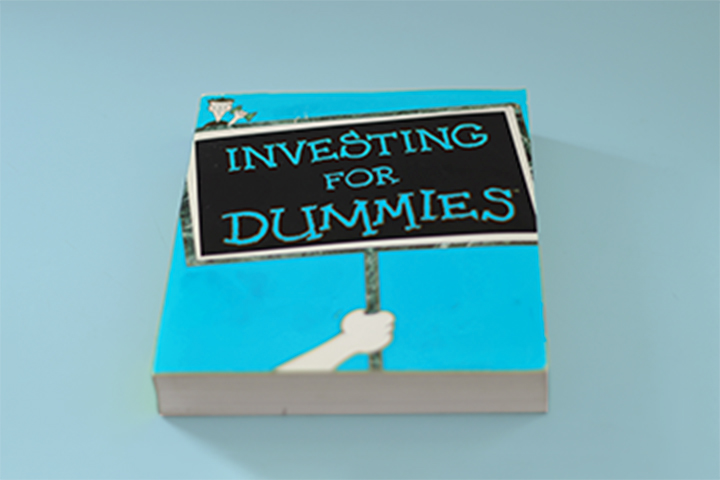
A beginner's guide to buying shares in five steps

Is Elon Musk about to crash Tesla shares?

Your family member dies: how to manage their banking

American optimism reversing: time to head for the exit?

Lending money to family or friends: do you have carte blanche?

An investment guide to Europe's military resurgence

Are European bank stocks experiencing a renaissance?

Dividend aristocrats: a good beginner investment strategy?

Monthly video 2024
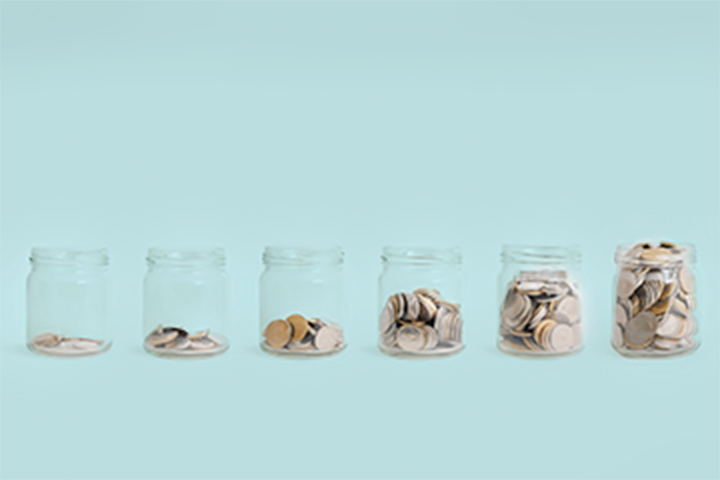
Investing when money is tight: being ambitious pays off!

What is investing, and why is it an option for you?

Married, cohabiting or in a non-cohabiting relationship: the impact on gifts and legacies

Writing your own will? Avoid these 10 mistakes

12 questions and answers about a lasting power of attorney

Want to fit in a gift before the end of the year and avoid paying gift tax?
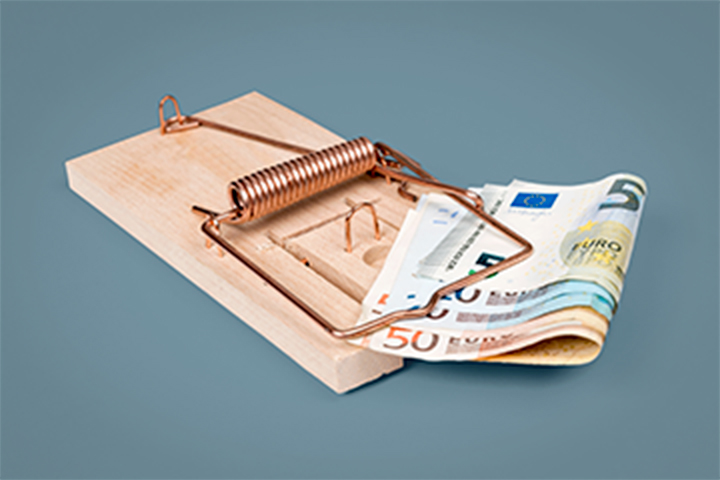
What you need to know before you start dividend investing

Start growing your pension sooner rather than later

What monthly pension savings for a maximum return?
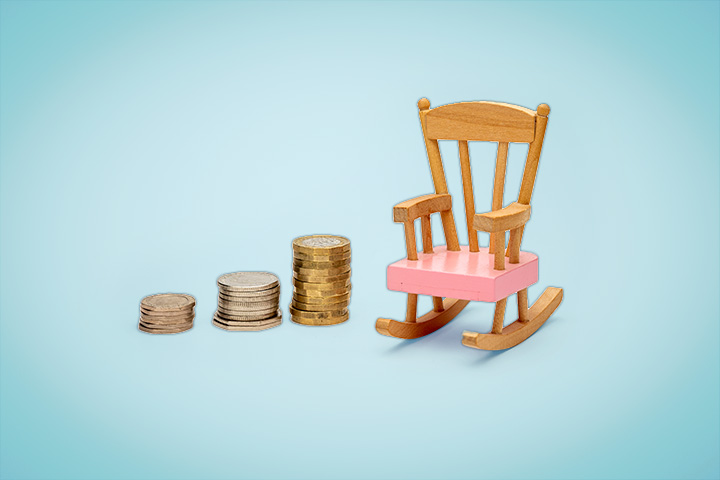
Lifetime pension savings: the sooner you begin, the more you rake in

What if pension savings were like a dating app?
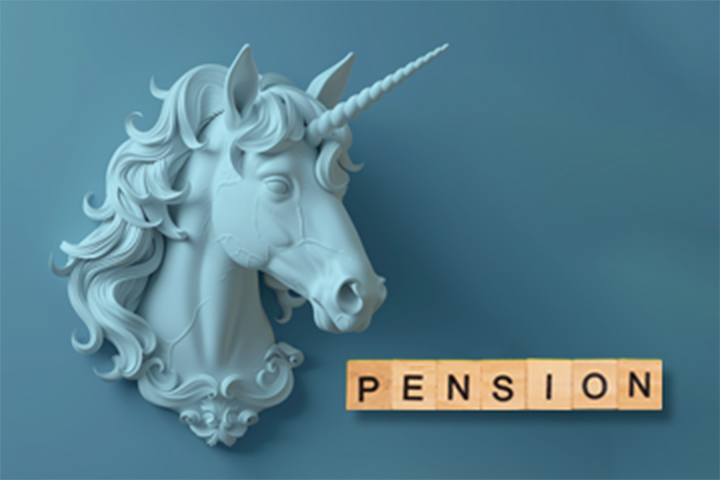
Myth busters: 5 myths vs. facts about pension savings

Pension savings: save the grey hair for later

What would the retired version of you say to yourself?
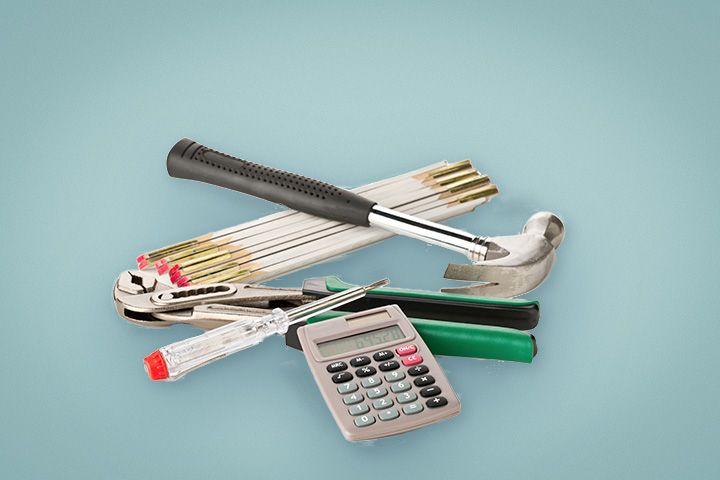
Which loan is the best fit for your renovation project?
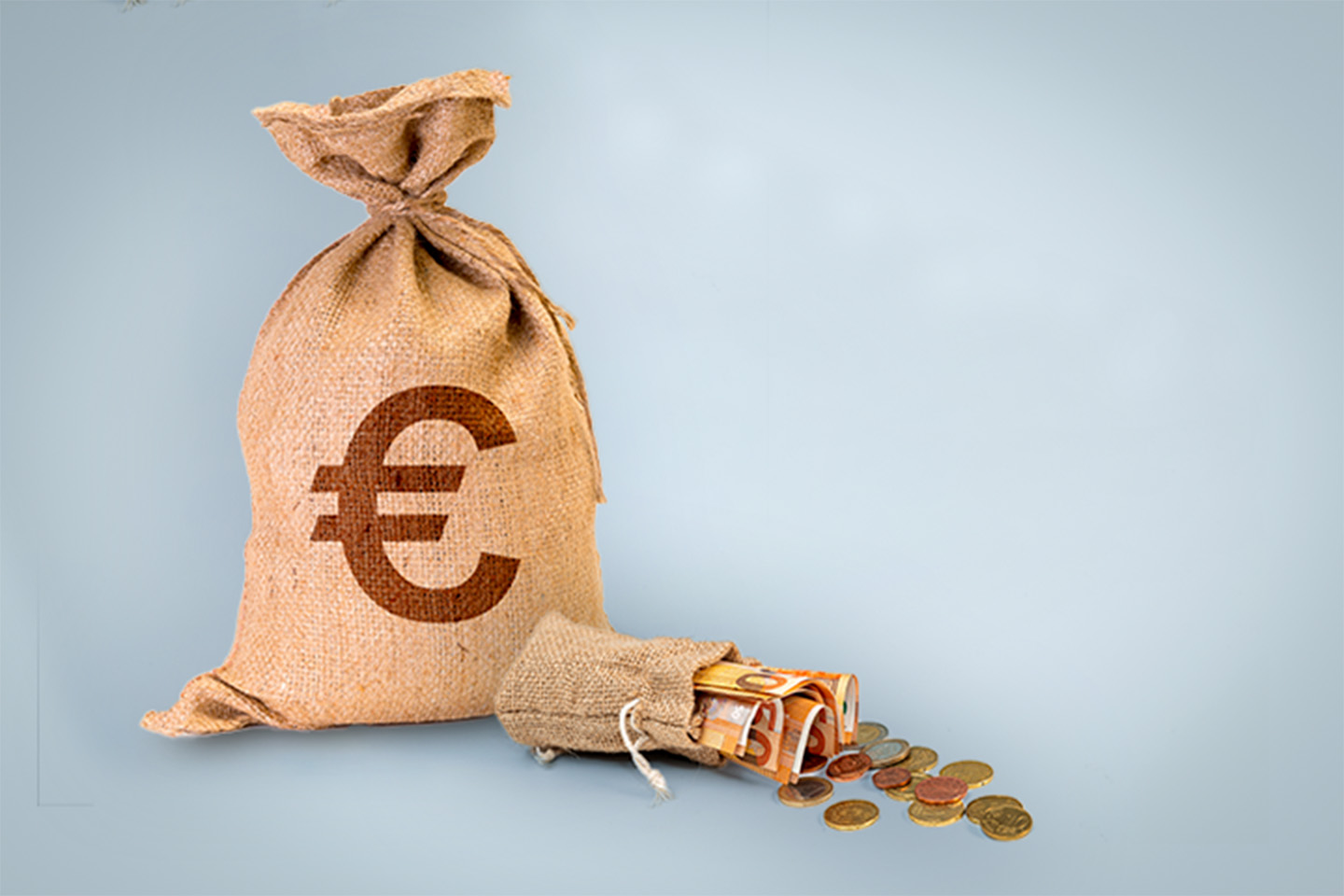
Lump-sum investing vs cost averaging: which offers the highest return?

When should you start investing? Seven potential key moments in your life

What type of investor are you? Take the quiz

Are there shortcuts to becoming financially independent?
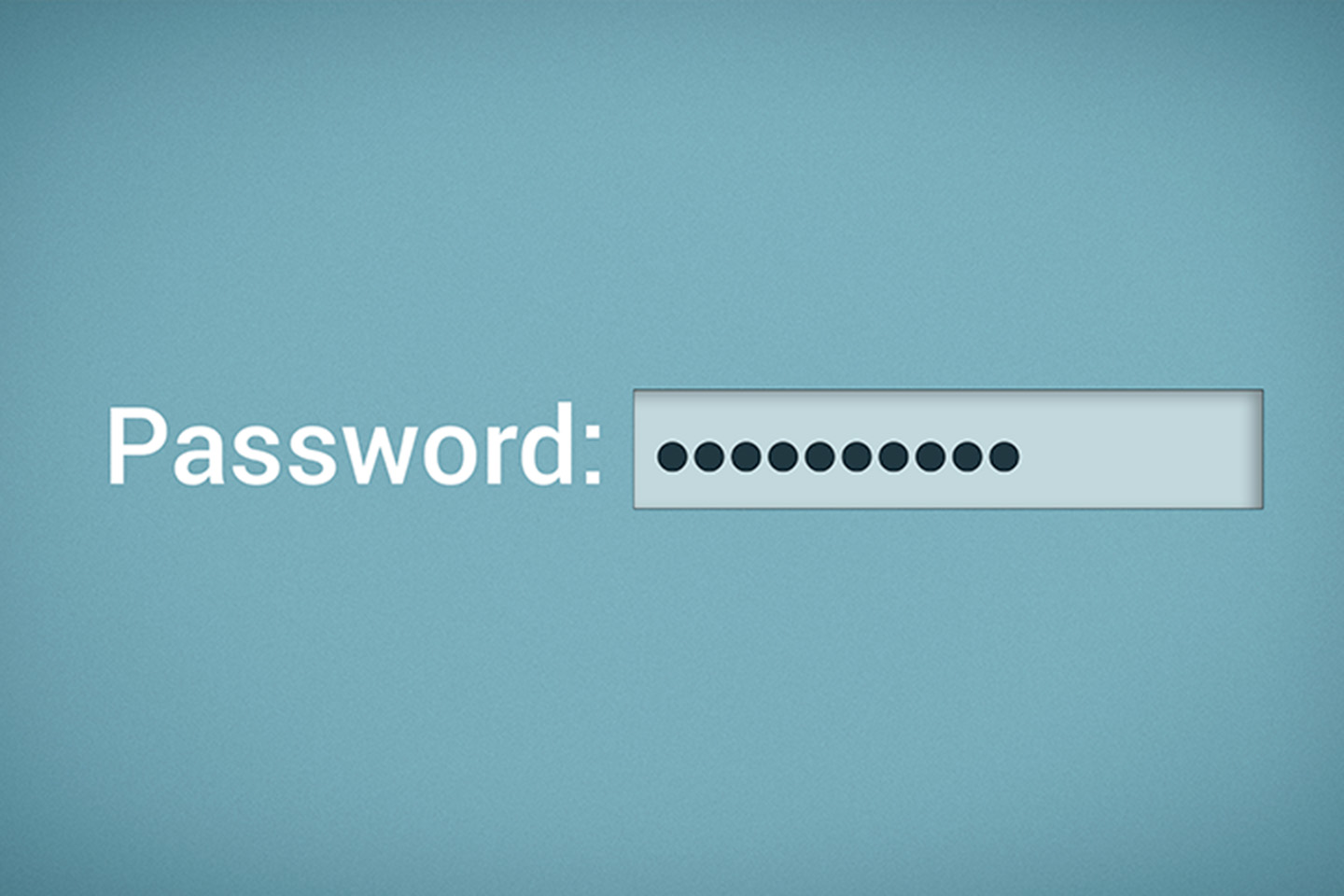
Have a password manager on your cybersecurity checklist yet?

Scam letters are back (even though they never really went away)

Actively managed ETFs: the best of both worlds?

6 reasons to invest in food

Checklist: travel without any money worries

Take a moment to read this before sharing your data

Investing in Belgian shares: the dangers of too many domestic securities

Untaxed side jobs: what is allowed and what is not (any more)?

Investors, never pay too much for your favourite share!

Who's who at Keytrade Bank? Who answers the phone when you call us?

Who's Who? Visiting IT

Buying real estate together? Consider a rights of survivorship clause

Would it be better to buy a student room than rent one?

House flipping: is it worthwhile?

What your friends forgot to tell you about cheaper travel
Investing in football shares: what's the score?

Comparing savings accounts: where do you put your money?

Watch out for recruitment scams

Europe is no longer falling behind!

How do you select an investment fund for your child?

Opening an online bank account: what is holding you back?

The difference between distribution and accumulation for funds or trackers

Is joining the BEL20 actually good for you?

Online dating scams: tips to protect yourself

Can we still say "Magnificent Seven"? Or should it be "2 Unlimited "?

What do you have to tell the tax man about your money and investments?

New in Flanders: interest-free loans for renovations

Monthly video 2023

Shopping online: 7 tips and points to consider

Small company shares with big opportunities?

6 reasons why installing solar panels is still worthwhile in 2024

Golden days? Why to invest in gold (or not)

Exemption from withholding tax on dividends

Looking back on 2023

Will bonds beat shares in 2024?

Watch out, danger's about

Don't forget to create an extra access!

Shorting: what is it and how does it work?

The 10 principles of stock market success

How to invest in the energy transition?

Read this before you scan another QR code

Good positional play is important!
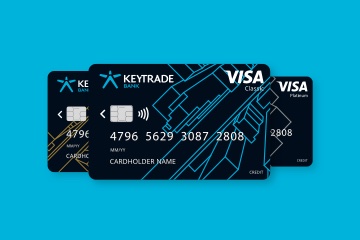
Keytrade Bank has one of the few free credit cards on the Belgian market

How to put phishers out of a job

Is India the new China?

Padel has got a new doubles partner with Keytrade Bank

Investors are not afraid of risks! Or not yet?

Get ready for the last quarter!

Investing in biodiversity: can Wall Street save the rainforest?

Don't forget to make arrangements for your digital estate

Saving for the sake of saving? Or with a goal in mind?
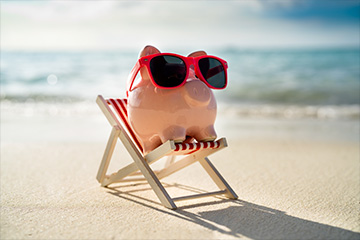
How do you prepare financially for a longer life?

Handling recessions: a manual

Sell in May? Is it really such a good idea?

Make an impact with your Keyprivate

How much diversification is enough for your portfolio?

From KIID to KID: new rules, better investment decisions

Which investment opportunities are available on the road to smart mobility?

Is the end nigh for American dominance?

A vitamin shot for your investments
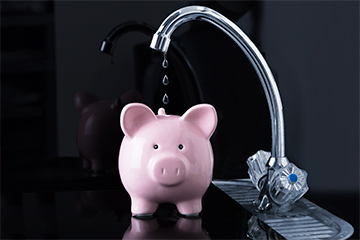
Does water earn a place in your portfolio?

Bonds to rise in 2023?

Monthly video 2022

A Keytrade Bank Nature Trail? Yes, please.

What is technical analysis and how does it work?

Who's who at Keytrade Bank? Data first

The situation following the Russian invasion of Ukraine

There's something new in the air in the investment world!

6 points to consider for thematic investing

Is tighter monetary policy acting as a brake on the stock market upturn?

How can you donate or leave a legacy to a charity?

As close as possible to staff

A Keytrade Bank Nature Trail? Yes, please.

How do you find out what a company’s ESG rating is?

ESG's alphabet

How much additional income are you allowed to earn as a pensioner?

All in our fund market at the same price

How to invest if you're on a tight budget

No extra costs ...

10 ways to save money with apps

Monthly video 2021

Hate budgeting? This is your guide to budgeting

Podcasts about money and investments (part one)

Can countries go bankrupt?

Inflation? Grab some commodities for your portfolio!

Enjoy your stay at the hotel and pay less

Gold, cash and government bonds: how safe are safe havens?

Baby on the way? Make sure your finances are ready for it, too

How to protect your capital in the event of a divorce

The halo effect: why we are buying the shares of Buffett, Bezos and Musk

Why investing for your child is a good idea

Timing is everything: how to choose the right time to enter the stock exchange?

La technologie préserve les investisseurs contre l'utopie

What is fundamental analysis, and how does it work?

How to include your grandchildren in your inheritance planning: 8 questions and answers

Why (not) invest in micro-caps?

Rent or buy? How to use the price-to-rent ratio

The treacherous stock market

Talking to your family about legacy: how to get started

Stock market versus bricks and mortar: 1-0

Maths on the stock market

The lazy marathon investor

The impact of luck on investments

Equity investors look beyond gloomy economic data

7 investment themes for 2029 (for which you can get a head start already)

Ten basic rules for lifelong success on the stock market

Share everything with peace of mind. Except your bank cards.

Any dip in the global economy appears to just a passing blip!

Seven investment myths

Emerging countries are lagging behind!

First Aid for Your (Financial) Administration

Coronavirus blog Geert Van Herck: Property once again fails to deliver diversification bonus

Gift or inheritance: which is the most tax-efficient?

Making an offer on a property: what should you look out for?

Saving your payment card details in your browser: yay or nay?

Swapping your car for a bike: how much money could you save?

No extra costs. Yet 700,000 euros gladly given to you, our customers!

Can China make the dollar crash?

Afraid of causing Ferrari or hammock syndrome? This is how you can make a gift and stay in control

US stock market dominance not coming to an end yet!

Podcasts about money and investments (part two)

Anxious about inflation? Have you ever considered the mining sector?

Will the MSCI Emerging Markets index become the next big thing?

What does higher inflation do to your savings and investments?

How can you invest successfully?

Which shares suit you?










































































































































































